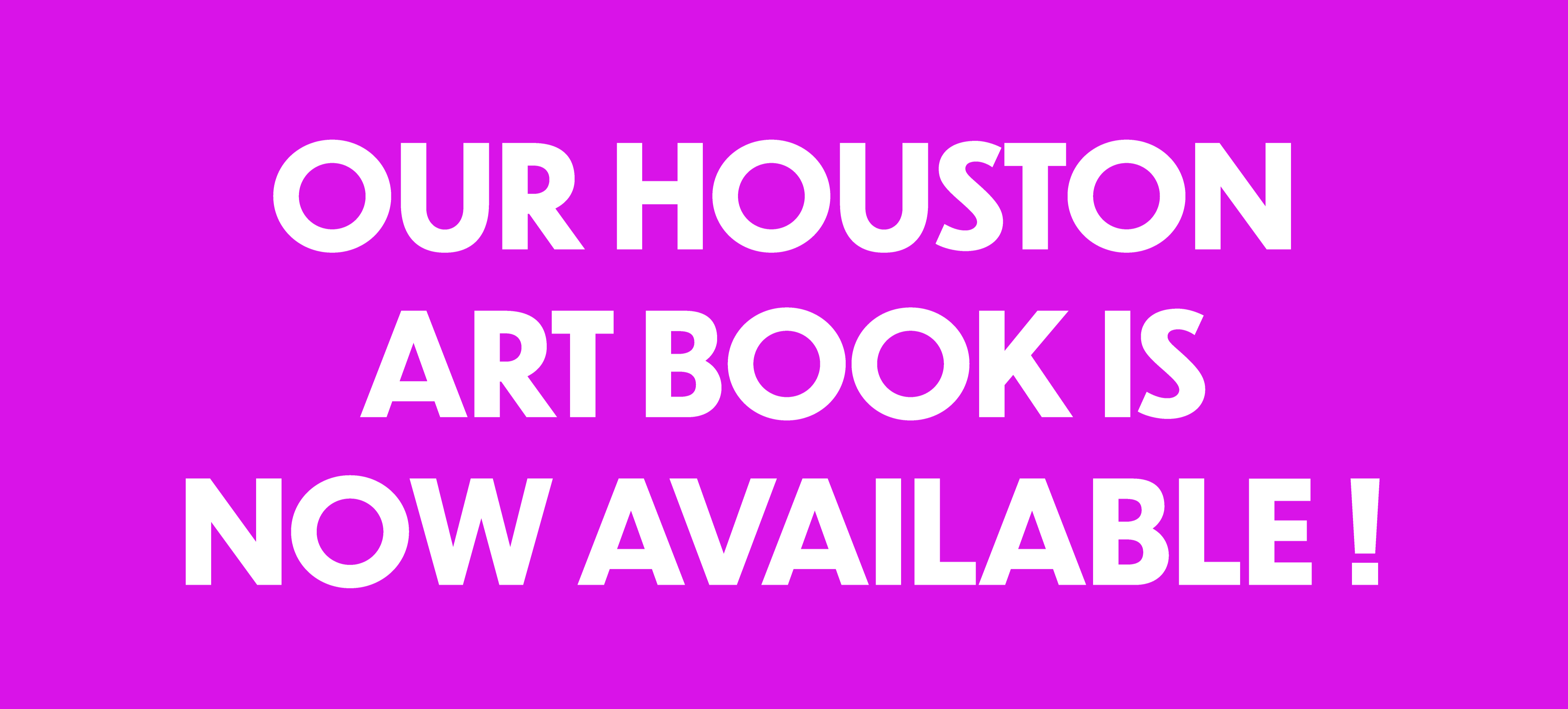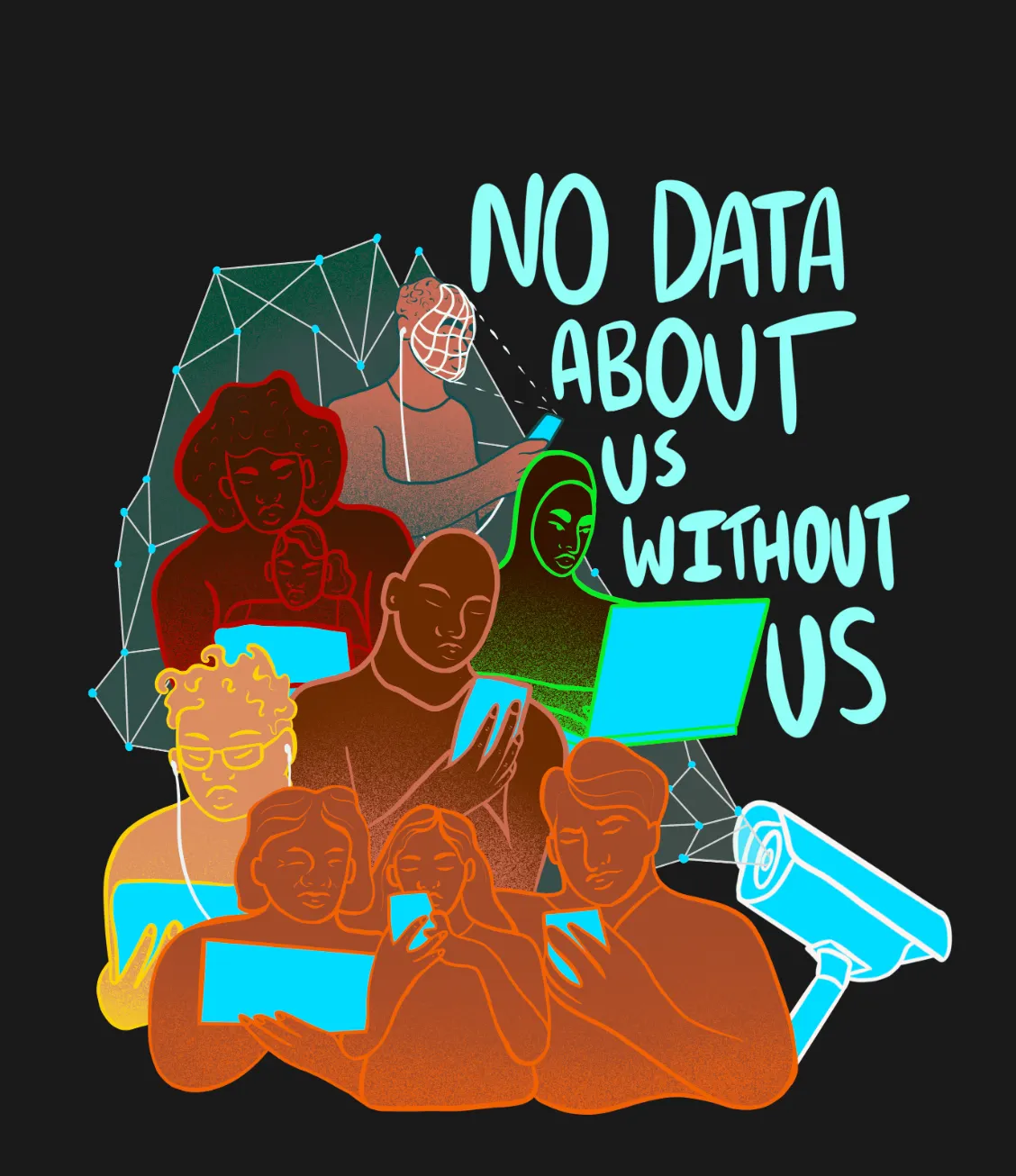It’s time to build a new social contract and reflect on what unites us all
Yves Daccord, Chief Executive Officer, shares his thoughts about the importance of building a new social contract.
.jpg)
Photo by Ian Taylor for UNSPLASH
“STINKY CHEESE ALERT. This smell is normal!” This was the warning written in large letters on the package containing the Gruyère I had just ordered from a small grocery store in Boston. Needless to say, I still have to get used to the US and to certain basic aspects of its communication.
I have traveled a lot over the last ten years, going from one country in a humanitarian crisis to another. This is the first time, however, that I have put down my suitcases for a longer period of time in a country that I know little about, outside of Washington and New York.
What struck me immediately, besides the bold nature of the stinky cheese-type of alert, was how the "we" is lived and expressed both in each neighborhood – in my case in Jamaica Plain, a fairly mixed and cool neighborhood in the heart of Boston – and in the country as a whole. Of course, I knew a little bit about the history of the country and its racial, social and economic divisions. And yet, the violence of the emotions that separate people often left me stunned. I was also bewildered by my own difficulty in navigating these tensions as a “white male with privileges”.
The presidential election has been an amazing magnifying glass. I couldn’t help but marvel somewhat at Trump's political "genius" at being able to constantly and aggressively define who is part of the American "us” in everyday life, and who is not.
It is also happening more widely. There is a generalized abandonment in all parts of society of trying to understand the other: the one who doesn't look like you doesn’t think like you, doesn't vote like you. This has been coupled with the fragmentation of politics and of key institutions that seems to prevent the mere possibility of an emergence of a new social contract in this country.
And yet, this is what is needed. At the heart of the social contract that unites each of us as citizens and people with those who govern us is the basic need for protection and the trade-offs that we are willing to concede. Difficult collective conversations are needed when it comes to what will allow us to live together, what we need to feel safe, what are the new rules of the game in our incredibly diverse and complex societies. In the United States as well as at home.
When I observe the tensions that are rising over the management of Covid-19 and what this means for each person and our society, I tell myself that at home in Switzerland we are not immune to an American-style polarisation where there is no longer any incentive to seek a minimum of understanding and consensus.
The time has come to rethink our social contract and reflect on what unites us all. This should be done without naivety but with the ambition to collectively take ownership of the key issues like trust, data, safety and cooperation that are likely to define our future. We can all contribute in our own way and we should.
I'm currently doing this through a pop-up institute I'm setting up here in Boston at Harvard University. The idea is to bring together academic excellence with the experimental nature and energy of art pop-ups to channel radical collaboration and transcend the disciplinary boundaries between art, policy and research. By doing so, we hope to redraw new urban social contracts in cities as different as Medellin, Nairobi, Chicago, Singapore or Geneva.
The political and social space that cities represent seems to me particularly relevant when we want to understand what is at the heart of our social contract and how it is changing rapidly in this period of digitization of security, mass surveillance, and pandemics. Cities and their ecosystems are where diversity and complexity are palpable, where “rubber meets the road” in policy changes, where the importance of creating the conditions to live together is clear, and where change is possible.
These first few months in Boston have confirmed my intuition that the twenty-first century will not only be played out in the development of new technologies, but in the human capacity to live together and find modus vivendi to do so. The alternative that emerges is a society where segregation might be the norm. And that's a no-go for me.
*This post first appeared in Geneva Solutions, on January 05, 2021.



